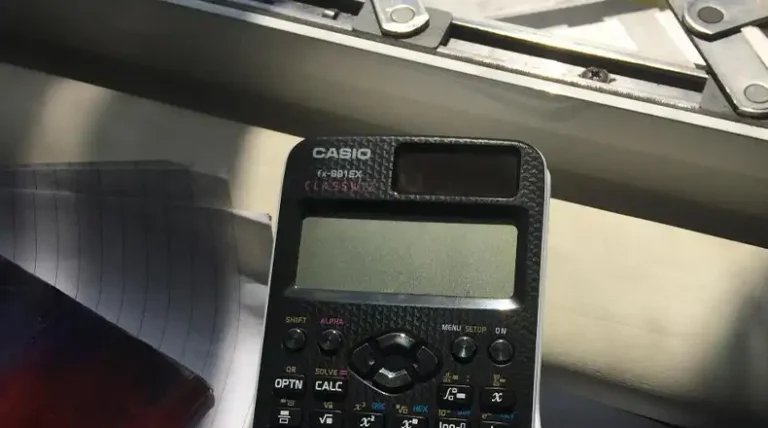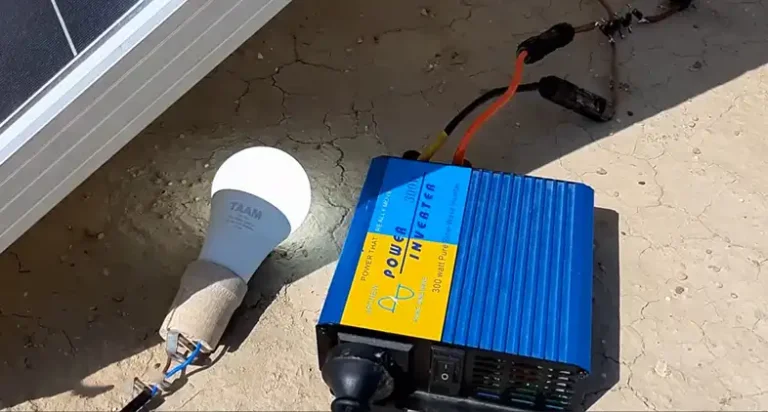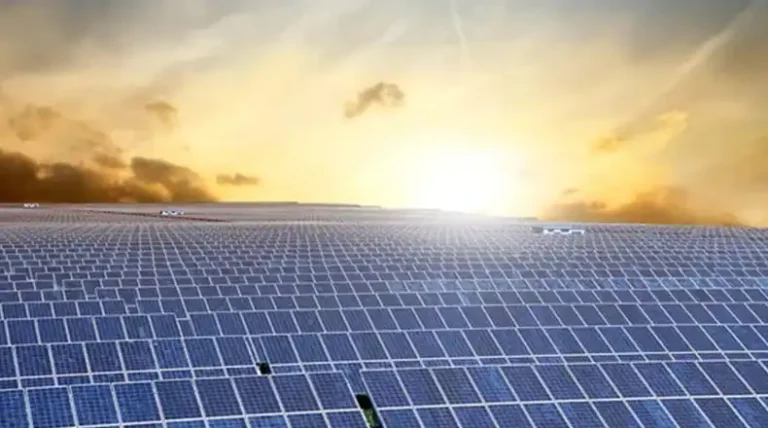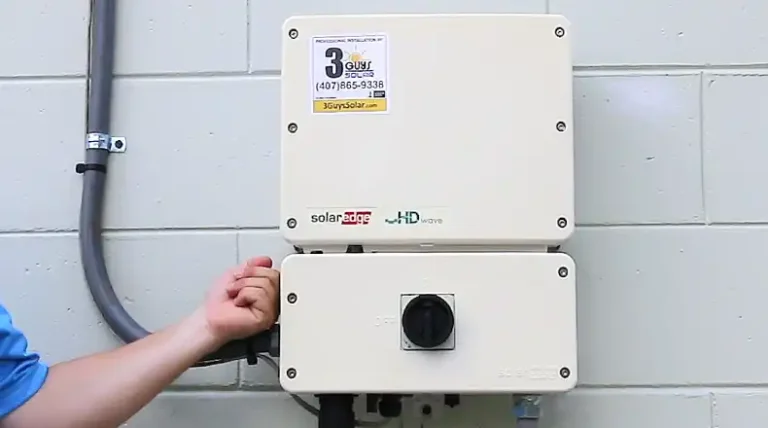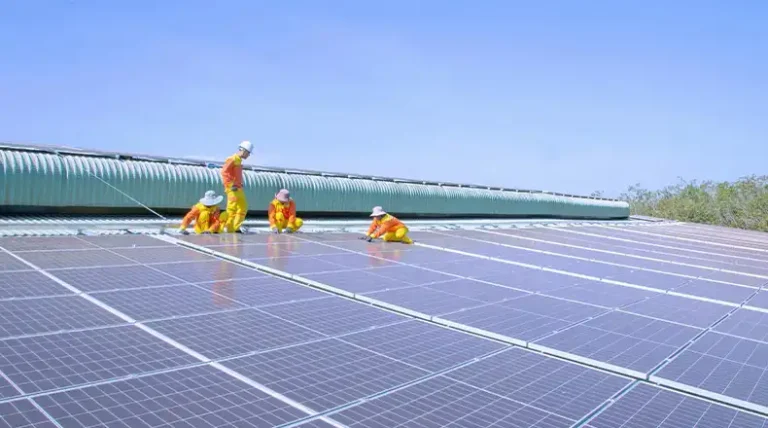How To Negotiate With Solar Companies?
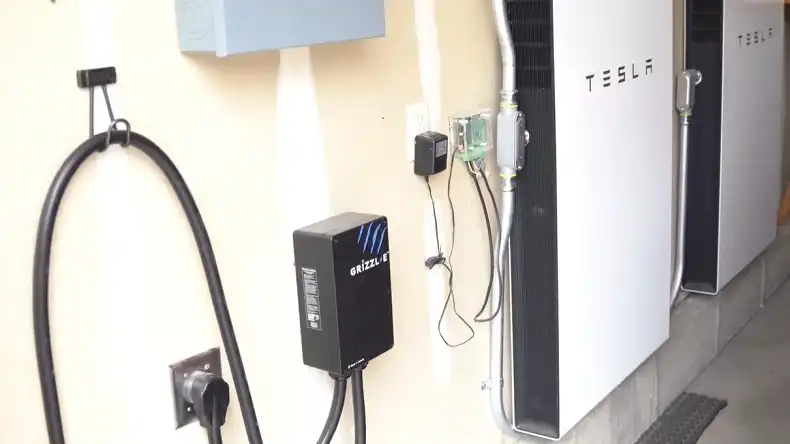
Considering a solar panel installation for your home? You’ve done your research, determined that solar energy is a good choice, and now you’re ready to negotiate with solar companies.
But before you start haggling over prices, it’s important to understand the unique dynamics of the solar industry.
Unlike other home improvement projects, solar installers often operate on tight profit margins, making significant price reductions challenging.
Instead of focusing solely on lowering costs, savvy homeowners should consider negotiating for added value, such as extended warranties, additional services, or post-installation system checks.
This approach can help you secure a better overall deal while ensuring you work with a reputable company that provides high-quality equipment and reliable after-sales support.
In this article, we’ll explore effective strategies for negotiating with solar companies and key factors to consider when selecting an installer for your solar project.
Understanding Solar Company Margins
Before diving into negotiation strategies, it’s crucial to understand the financial landscape of the solar industry. Many homeowners are surprised to learn that solar companies often operate on relatively slim profit margins.
Tight Profit Margins In The Solar Industry
Solar installers face numerous expenses beyond just the cost of panels and equipment. These include labor, insurance, vehicle costs, payroll taxes, and other overhead expenses.
On average, a solar company may only see a 10-15% profit margin on a typical installation. For an $8,000 system, this translates to roughly $800-$1,200 in profit.
Why Negotiating Price Reductions Can Be Challenging
Given these tight margins, solar companies have limited room to offer significant price cuts without compromising their ability to operate sustainably.
This is why attempting to haggle for large discounts often proves unsuccessful and may even offend some quality installers who are already offering fair prices.
7 Tips for Negotiating with Solar Companies
While substantial price reductions may be off the table, there are still effective ways to negotiate with solar companies to get the best value for your investment.
1. Focus on Added Value Rather Than Price Cuts
While it’s tempting to ask for a discount, many solar companies operate on tight margins and may not have much room to lower their prices. Instead of trying to shave off costs, shift the conversation to what additional value they can offer.
For example, inquire about including upgraded solar panels, more efficient inverters, or even monitoring systems as part of your package. By emphasizing value, you can often secure enhancements that improve your overall investment without directly lowering the price.
2. Ask for Extended Warranties or Additional Services
A standard warranty often covers the equipment for 10-25 years, but the workmanship warranty might only last a few years. You can negotiate an extension of this workmanship warranty to cover potential issues beyond the standard period.
Additionally, you could ask for other services like free monitoring for a few years or maintenance packages. Extended warranties and additional services not only offer peace of mind but can also enhance the longevity and performance of your system.
3. Request Post-Installation System Checks
Another valuable service to negotiate for is a follow-up inspection after your system has been operational for a period of time.
For instance, you could ask the company to perform a thorough system check 12 months after installation to ensure everything is functioning optimally.
Such a service, which typically costs $300-$400, can help catch and address any potential issues early on.
4. Inquire About Financing Flexibility
Financing terms can significantly impact the overall cost of your solar installation. Instead of focusing solely on the upfront price, explore flexible financing options.
Ask if the company offers zero-interest financing or if they can extend the payment period to reduce monthly payments.
Some companies might also offer a delay in the first payment, giving you a bit more financial breathing room. By negotiating better financing terms, you can make your solar investment more affordable and manageable.
5. Seek Energy Usage and Efficiency Audits
Before committing to a solar installation, it’s beneficial to understand your home’s current energy efficiency. Ask the solar company to conduct a comprehensive energy audit as part of the package.
This audit can identify areas where your home is losing energy, such as poor insulation or outdated appliances.
By addressing these issues first, you can potentially reduce the size of the solar system you need, leading to cost savings. Plus, a more energy-efficient home will maximize the benefits of your solar panels.
6. Negotiate for Monitoring and Maintenance Services
Monitoring services allow you to keep track of your solar system’s performance in real-time. Some companies might charge extra for this, but it’s worth negotiating to have it included for free or at a reduced cost.
Additionally, regular maintenance can help extend the lifespan of your solar system. Negotiate for an annual maintenance visit or a discounted maintenance package as part of your deal.
These services ensure that your system continues to operate at peak efficiency and can save you from costly repairs down the line.
7. Discuss the Possibility of Future Upgrades
Technology in the solar industry is rapidly evolving. Consider discussing the possibility of future upgrades with the company.
Ask if they offer discounts or incentives for existing customers who want to upgrade their system in a few years, whether it’s adding more panels, upgrading to a more efficient inverter, or integrating battery storage.
Having this option available can provide flexibility and ensure that your system remains up-to-date with the latest advancements in solar technology.
Importance of Choosing a Reputable Solar Installer
While it may be tempting to seek out the lowest-priced option, selecting a reputable solar installer is crucial for the long-term success of your investment.
Risks Of Hiring Cheap Or Subpar Contractors
Opting for a bargain solar system or an inexperienced installer can lead to numerous issues down the line. These may include:
- Poor installation quality leading to reduced system efficiency
- Damage to your property during installation
- Roof leaks due to improper mounting techniques
- Difficulty obtaining warranty service or support
Remember, in the solar industry, you often get what you pay for. A system that seems cheaper upfront may end up costing you more in repairs, reduced energy production, or headaches in the long run.
Benefits Of Working With Quality Companies
Reputable solar companies typically offer:
- Accurate energy production estimates
- High-quality, reliable equipment
- Professional installation practices
- Responsive customer service and warranty support
While their initial quotes may be higher, the long-term benefits of working with a trusted installer often outweigh any short-term savings from a cheaper alternative.
Key Factors to Consider When Selecting a Solar Company
When evaluating potential solar installers, look beyond just the price tag. Consider these important factors:
Accuracy Of Energy Projections
A reputable company will provide realistic estimates of your system’s energy production. Be wary of installers who promise unrealistic savings or zero-dollar electricity bills.
Quality Of Equipment Offered
Research the brands and models of solar panels, inverters, and other components proposed in your quote. High-quality equipment may cost more initially but can provide better performance and longevity.
Reliability Of After-Sales Service
Consider the company’s track record for customer support and their ability to honor warranties. Reading reviews from past customers can provide valuable insights into their after-sales service quality.
Getting the Best Deal on Your Solar Installation
To ensure you’re getting the best possible deal on your solar installation, follow these steps:
Obtain Multiple Quotes
Reach out to several solar companies in your area and request detailed quotes. This will give you a better understanding of the market rates and available options.
Compare Products And Services Offered
When reviewing quotes, pay attention to the specific equipment being offered, warranty terms, and any additional services included. This will help you make a more informed comparison beyond just the bottom-line price.
Look Beyond Just The Price
Remember that the cheapest quote isn’t always the best value. Consider the company’s reputation, the quality of their work, and the long-term benefits of their offer when making your decision.
Handling Paperwork and Incentives
The solar installation process involves various administrative tasks and potential financial incentives. Here’s how to navigate these aspects:
Understanding local policies and incentives
Research available solar incentives in your area, including federal tax credits, state rebates, and local programs. Familiarize yourself with the Database of State Incentives for Renewables & Efficiency (DSIRE) to learn about policies specific to your location.
Asking Contractors To Manage Bureaucratic Processes
While it’s good to be informed, don’t hesitate to lean on your chosen solar installer’s expertise when it comes to paperwork and permit processes. A reputable company should be willing to handle most of the bureaucratic aspects of your installation, including:
- Obtaining necessary permits
- Filing for available incentives and rebates
- Coordinating with your utility company for grid connection
Make sure to clarify who will be responsible for these tasks during your negotiations.
Conclusion
Negotiating with solar companies requires a different approach than haggling over other home improvements. Instead of focusing solely on price reductions, aim to maximize the value you receive from your investment.
By prioritizing factors such as equipment quality, installer reputation, and long-term service, you can secure a solar installation that not only saves you money on energy bills but also provides reliable performance for years to come.
Remember to obtain multiple quotes, ask for added value in your negotiations, and choose a reputable installer who can guide you through the entire process. With these strategies in mind, you’ll be well-equipped to make an informed decision and enjoy the benefits of solar energy in your home.
Frequently Asked Questions
1. Are Solar Rates Negotiable?
Yes, solar rates can be negotiable. If the new panels offered aren’t as good as those in the original quote, you can negotiate pricing. It’s always a good idea to shop around and compare offers from multiple providers to ensure you’re getting the best deal.
2. How Can I Reduce The Cost Of Solar Panels?
You can reduce the cost of solar panels by taking advantage of federal and state tax credits, rebates, and incentives. Additionally, consider purchasing panels in bulk, choosing a lower-cost installation option, or opting for a more affordable system size that still meets your energy needs.
3. Is It Hard To Get Out Of A Solar Panel Contract?
Getting out of a solar panel contract can be challenging and depends on the terms and conditions outlined in the contract itself. Some contracts may include penalties or fees for early termination, while others may offer more flexibility. It’s important to carefully review the contract before signing.
4. Is Solar Worth It Financially?
In most cases, installing residential solar panels is worth it financially. Solar panels can reduce or eliminate your electricity bills, increase your property value, and provide long-term savings, especially when considering available tax incentives and the rising cost of electricity.
5. Should You Finance Or Pay Cash For Solar?
Paying cash for solar panels generally provides the best savings in the long run, as it eliminates interest payments and maximizes the return on your investment. However, financing can be a good option if you prefer lower upfront costs and want to spread payments over time.

